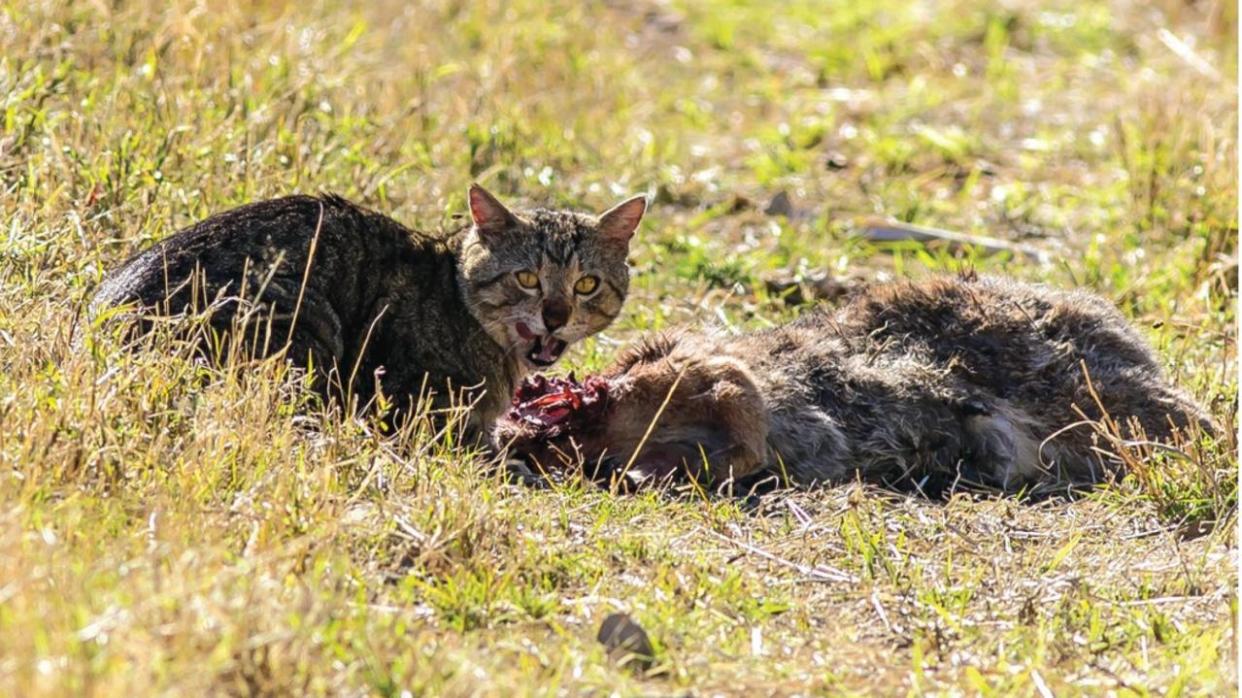Why Tanya Plibersek wants war on cats

Tanya Plibersek has announced the government is declaring war against feral cats, branding them the latest “environmental disaster” to hit the country.
The federal government will take action against feral cats as part of a new national action plan pitched to save thousands of native species on the brink of extinction.
Cats kill 6m animals every night and 2b reptiles, birds and mammals in Australia every year, the Environment Minister claimed on the Today show.
Ms Plibersek said she wanted to see a feral cat free Australia and called to eradicate all “walking, stalking, ruthless killers.”
“If we are serious about protecting our precious threatened species, then we have to tackle one of their biggest killers,” she said.
“We are declaring war on feral cats. And today, we are setting up our battle plan to win that war.”
The government will move to save vulnerable species by rolling out a deadly new tool kill designed to feral cats by spraying them with a toxic gel and look at expanding cat-free fenced and island havens.
Ms Plibersek said the “ruthless killers” are responsible for about two thirds of the most recent native animal extinctions seen across Australia.
“We know that people love their domestic cats. While they have to look after them have to keep them inside they have to stop them killing wildlife. And those feral cats will their fair game because those feral cats are an environmental disaster,” she said.

The government has already invested $4m to eradicate feral cats from Christmas Island and $2.2m towards the French Island feral cat eradication program. It will seek to develop new cat-killing technologies, including the Felixer cat grooming trap, which was approved by federal authorities for use in June.
The plan follows the release of a UN report on Monday which warned of the enormous impact of non-local species on earth’s ecosystems.
More than 3,500 invasive species are “seriously compromising human wellbeing” and causing irreversible damage to native wildlife, according to the new data from the Intergovernmental Science-Policy Platform on Biodiversity and Ecosystem Services (IPBES).


